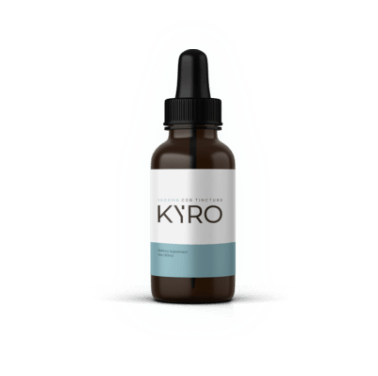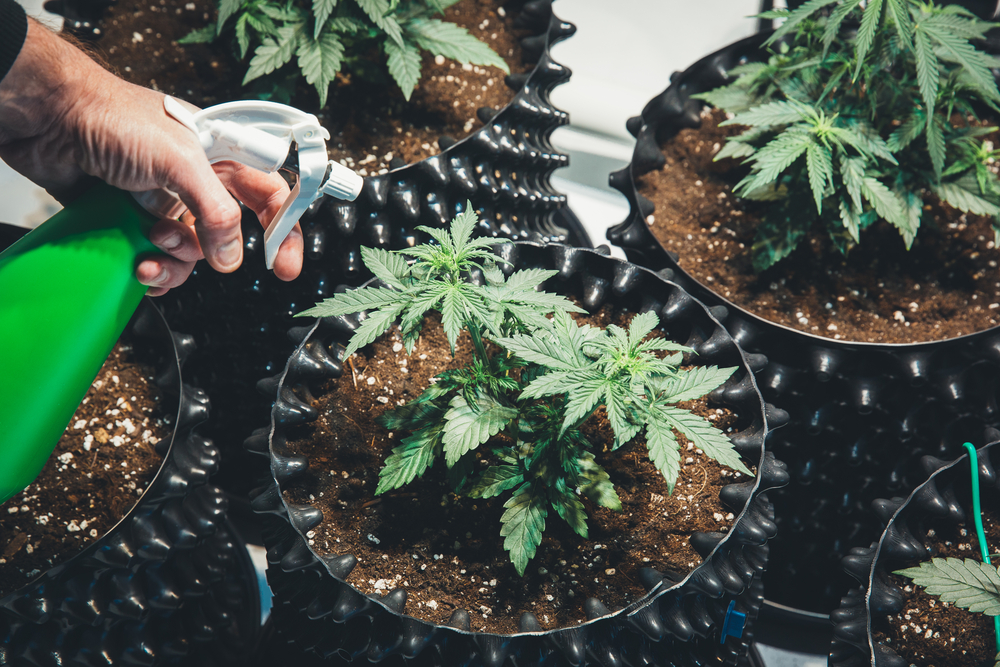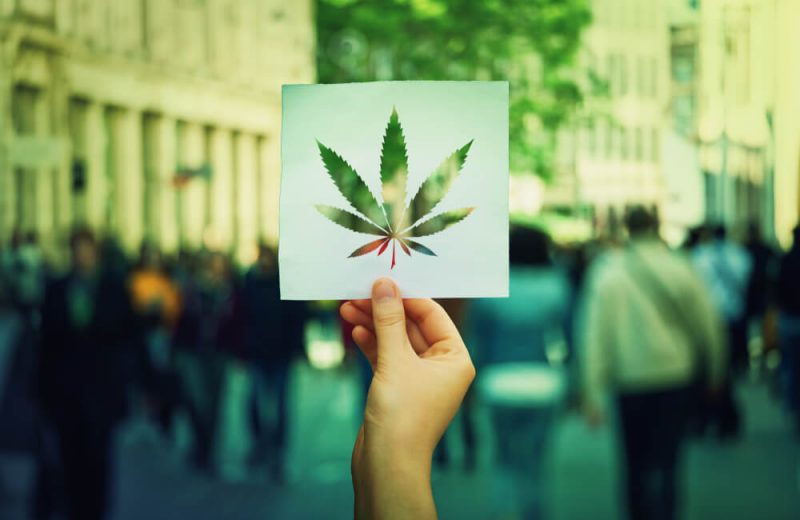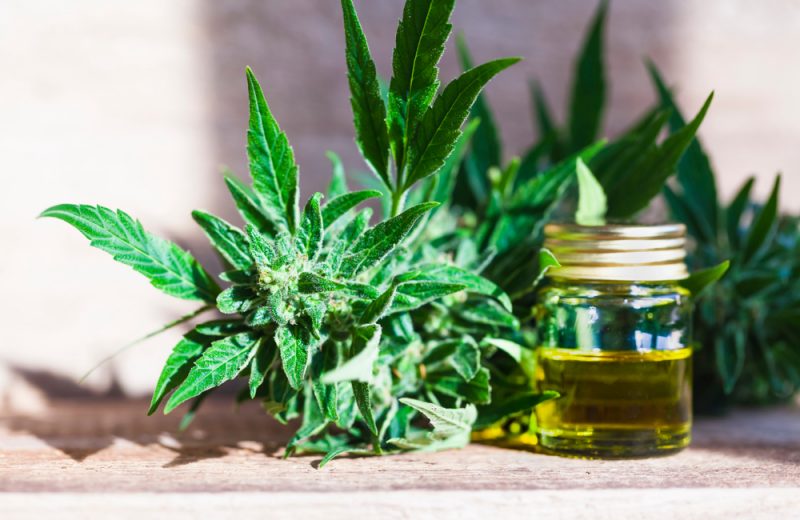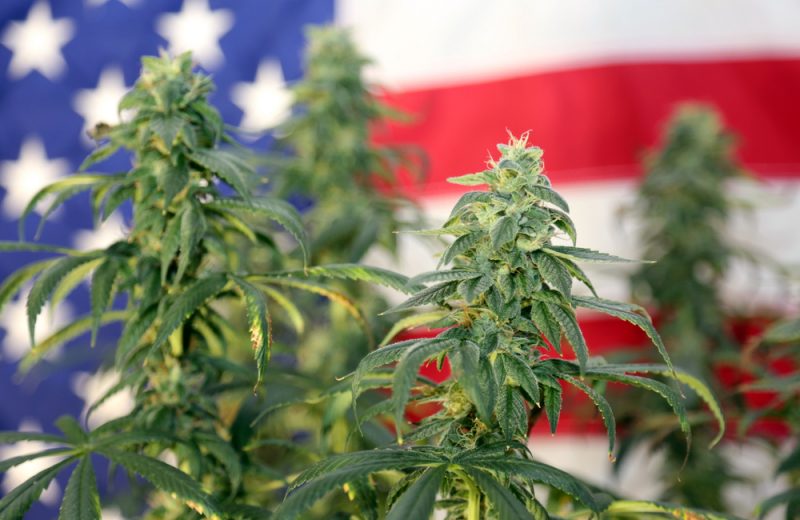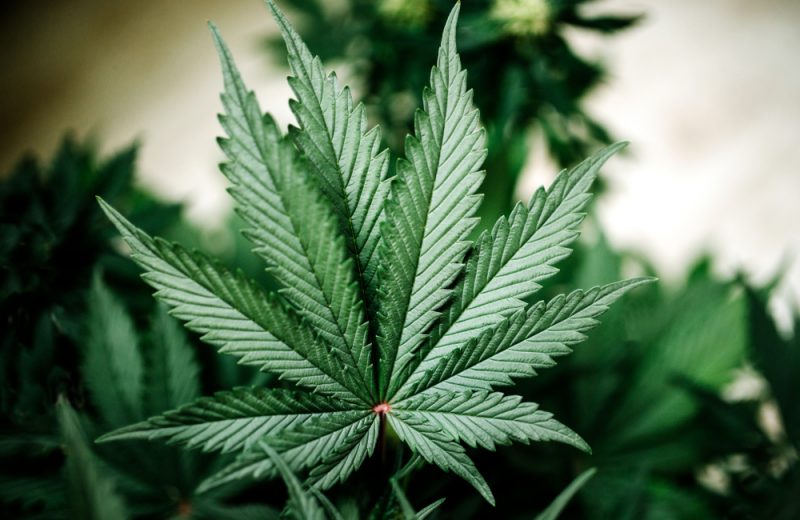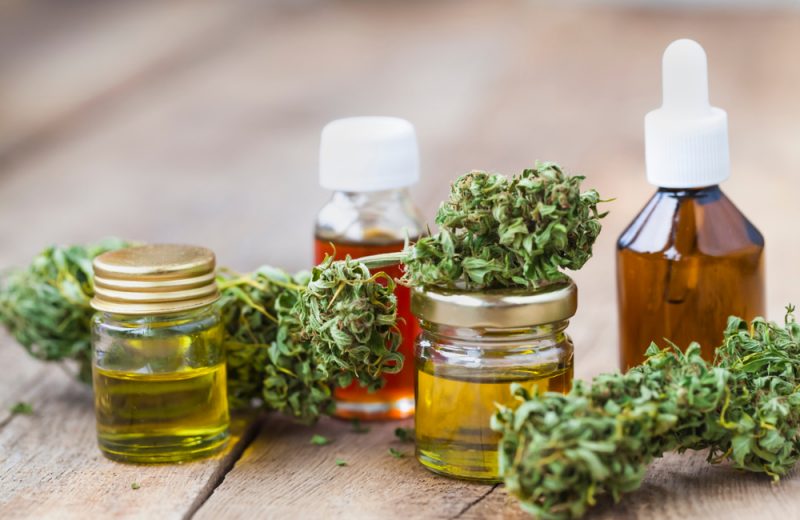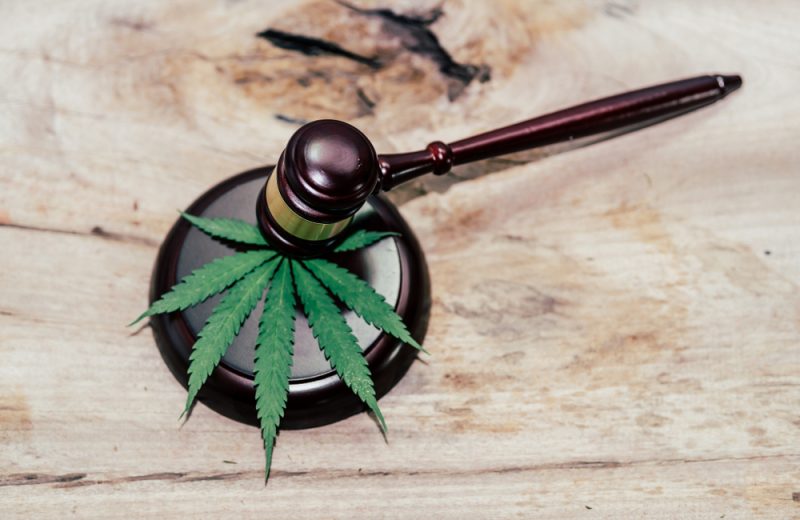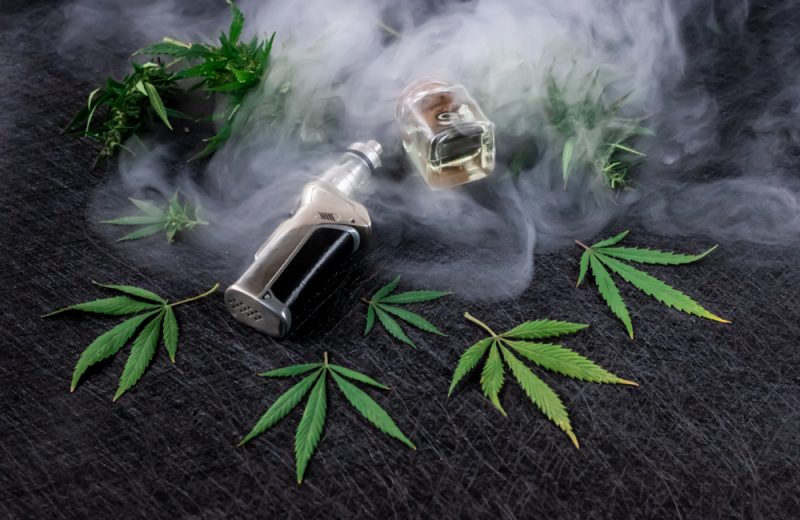Thailand-made medical marijuana is now legal following the King’s decree to bring the law into force.
Health Minister Anutin Charnvirakul was behind the big push for cannabis legalization over the last few months–a push that may soon see the legalization of homegrown weed.
Speaking at The Foreign Correspondents Club of Thailand back in February, he said: “Marijuana is not a drug that should be illegal; it’s that simple.
“Unlike alcohol and cigarettes, marijuana has great health benefits such as treating cancer, Alzheimer’s and insomnia.”
The leader of Thailand’s Bhumjaithai party made the full legislation of the drug a core campaign policy, although no party won a clear majority in the recent election.
The party aimed to settle citizens’ worries by proposing a selling price of $2,225 for each plant sold to the government. Subsequently, any Thai household could earn up to $13,350 extra each year. The average Thai annual salary is currently $8,200.
Many have deemed the proposal ‘too good to be true’, which could turn out to be the case. Cultivation experts have already warned that not every plant reaches a point where it can produce medical-grade cannabis, and the ones that do are difficult to cultivate.
While amateur growers could produce low-grade marijuana, serious time and effort would be needed to tend to plants that could make the mark, as well as significant financial investment in nutrients and lighting equipment to ensure that these plants come to flower.
Despite such drawbacks, it’s clear that Thailand and its leaders still want to push on in the mission to make cannabis as accessible as possible for those with serious health conditions.
Speaking in Bangkok last month, Anutin said: “We have high confidence that marijuana will be among the major agricultural products for Thai households. We are speeding up the law changes. But there is a process to it.”
These new legalization efforts will allow all Thai households to cultivate six cannabis plants each and sell the harvest to the government to create medical marijuana.
The country has also built what the government has described as the largest industrial-scale medical marijuana facility in South East Asia. The facility, located in Chiang Mai, has 12,000 plants under cultivation and was created by Maejo University researchers, the seedlings all provided by the government’s Department of Medical Service.
Thailand’s government is making sure to watch the process closely as recreational use of the drug remains illegal, with those caught still risking imprisonment.
Local entrepreneur Tom Julpas Kruesopon told South China Morning Post: “Still, this is a massive hurdle and merely the first and rightful step towards full legalization.”
Kruesopon has been dubbed ‘Mr. Weed’ by some media outlets, down to his tireless preaching on the many benefits of recreational marijuana.
Anutin seems to be on the same side as Kruesopon and his views, predicting fully legalized cannabis could turn out to be more lucrative than sugar cane, tapioca, and even rice, for the country. He also believes Thailand could well gain a competitive edge over other growers as it would have developed niche exportation strains.
The Government Pharmaceutical Organization already seems to be seeing the benefits by simply selling the product for medical use; it aims to sell one million bottles of cannabis oil, each containing five millimeters, by February 2020.
Anutin said: “The university will be a center where ordinary people can learn how to plant and grow good quality cannabis. Cannabis is not an issue of politics; it is a product that can benefit people’s health.”
This news follows the country’s earlier legalization of the kratom plant–native to Southeast Asia–for medical use.

